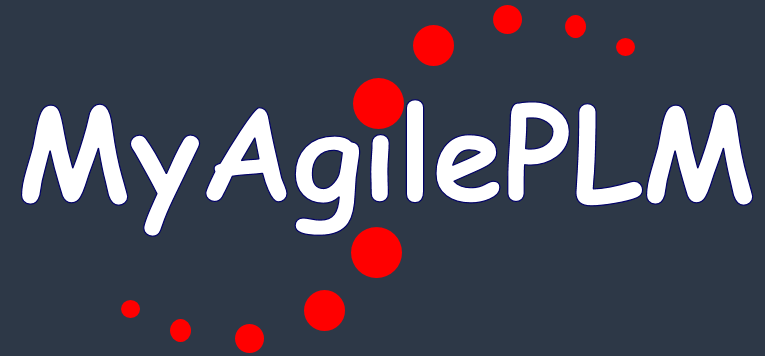 In today’s rapidly changing and highly competitive global market, innovation of some type—product and/or process (e.g., how the product or service is defined, delivered, and/or supported)—must be a fundamental element of an organization’s ethos. But as most companies painfully find out, innovation doesn’t just happen without a culture that encourages and nurtures idea generation. Idea generation, or ideation, is the essence of creativity and in fact, it is has been the fundamental rationale of Product Lifecycle Management (PLM) and the end-to-end lifecycle management it supports from the beginning—for 21st century enterprises, it is not optional.
In today’s rapidly changing and highly competitive global market, innovation of some type—product and/or process (e.g., how the product or service is defined, delivered, and/or supported)—must be a fundamental element of an organization’s ethos. But as most companies painfully find out, innovation doesn’t just happen without a culture that encourages and nurtures idea generation. Idea generation, or ideation, is the essence of creativity and in fact, it is has been the fundamental rationale of Product Lifecycle Management (PLM) and the end-to-end lifecycle management it supports from the beginning—for 21st century enterprises, it is not optional.
A far-reaching shift is underway in end-to-end lifecycle management, which increasingly is about sustaining the extended enterprise and not just enabling better, faster, and cheaper products. This shift is rapidly forcing PLM to be an enterprise business process enabling a platform focused on innovation—one that connects product data, people, and processes from an end-to-end and highly integrated perspective.
To be successful, this platformization of PLM must accommodate ideation as the heart of innovation. Without doing so, global competitiveness and the extended enterprise cannot be sustained for long; market disruptions will make new products obsolete before they are out of the factory. Likewise, if a system, process, or strategy cannot morph into a platform, in the sense of something powerful on which to innovate, it’s probably destined to become just one more out-of-touch legacy system.
Ultimately, platformization is being driven by the ubiquitous difficulties of allocating investment capital, overcoming the scarcity of human talent, complying with increasing regulation, satisfying fickle consumers, and guarding against the risk of litigation. Dealing with these headaches one at a time is hopeless; they must be tackled as a matrix.
The power to deal with the enterprise’s matrix of headaches establishes platform-based ideation and end-to-end lifecycle management as a core strategy for the enterprise. Bolstered by ideation, end-to-end lifecycle management is really about the sustainability of the enterprise, including its extension to customers, suppliers, distributors, lenders, regulators, and stakeholders.
Only with creativity, innovation, ingenuity, and resourcefulness can we overcome 21st century disruptions and competitive challenges. If ideation weakens, market shares shrink, profitability dwindles, and the sustainability of the enterprise is placed at risk. Thus, CIMdata is certain that platformization is coming to product lifecycle management. No enterprise, small or sprawling, can afford to miss this opportunity.
What’s your opinion?
Peter A. Bilello, President
Subscribe to our RSS feed to have future blog postings delivered to your feed reader.


Be the first to post a comment.